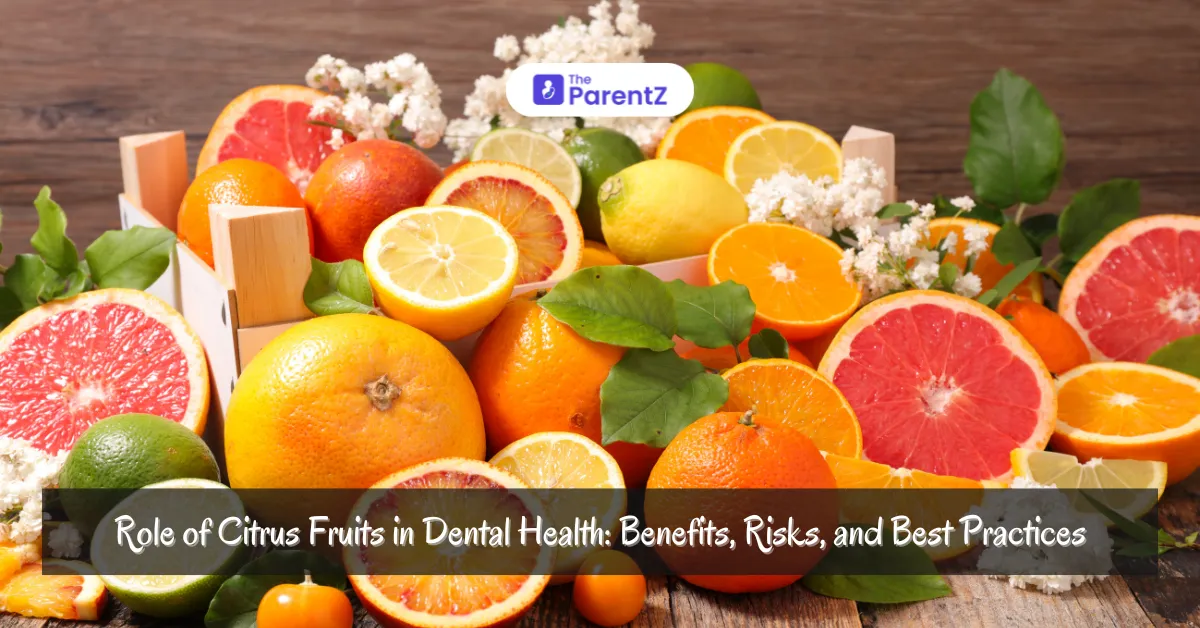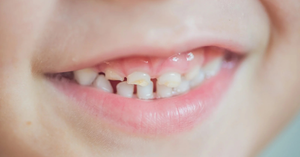Citrus fruits such as oranges, lemons, limes, and grapefruits are often lauded for their health benefits, particularly for boosting the immune system due to their high vitamin C content. However, when it comes to dental health, these fruits play a more complex role. While they provide key nutrients that are beneficial for teeth and gums, they can also pose risks if not consumed mindfully. This article explores both the advantages and disadvantages of citrus fruits for dental health and offers practical advice for maintaining oral hygiene while enjoying these nutritious foods.
Benefits of Citrus Fruits for Dental Health
1. High Vitamin C Content
One of the key benefits of citrus fruits is their rich vitamin C content. Vitamin C plays a crucial role in maintaining healthy gums by promoting the production of collagen, an essential protein for gum tissue. It helps to strengthen blood vessels, reduce inflammation, and prevent gum diseases like gingivitis and periodontitis.
2. Antioxidant Properties
Citrus fruits are rich in antioxidants, which help to fight off free radicals. These free radicals can damage cells in the mouth, leading to oral health problems. Antioxidants protect gum tissues and help in faster healing of wounds or gum irritation.
3. Increased Saliva Production
Citrus fruits can stimulate saliva production, which is vital for oral health. Saliva helps in neutralizing acids in the mouth, washing away food particles, and preventing the growth of harmful bacteria. This natural defense mechanism can reduce the risk of cavities and tooth decay.
Risks of Citrus Fruits for Dental Health
1. Acid Erosion
While citrus fruits offer many benefits, their high acidity can be damaging to tooth enamel. Enamel is the hard, protective outer layer of the teeth, and prolonged exposure to acidic foods can cause enamel erosion. This can lead to tooth sensitivity, increased risk of cavities, and a higher likelihood of tooth decay.
2. Increased Risk of Sensitivity
The acids present in citrus fruits can wear down the enamel, exposing the underlying dentin layer of the teeth. This can lead to tooth sensitivity, making it uncomfortable to consume hot or cold foods and drinks.
3. Aggravation of Pre-existing Oral Issues
For individuals with existing oral health problems, such as cavities or gum disease, consuming citrus fruits in excess may worsen these conditions. The acidity can irritate inflamed gums or contribute to further enamel damage.
Best Practices for Consuming Citrus Fruits Safely
To enjoy the health benefits of citrus fruits without compromising your dental health, consider the following tips:
• Consume Citrus Fruits in Moderation: Limit your intake of highly acidic fruits like lemons and limes. Opt for less acidic alternatives such as oranges or tangerines.
• Use a Straw for Citrus Beverages: When drinking citrus juices, use a straw to minimize contact between the acidic liquid and your teeth.
• Rinse Your Mouth with Water: After consuming citrus fruits or their juices, rinse your mouth with water to help neutralize the acids and wash away any residue.
• Wait Before Brushing Your Teeth: Avoid brushing your teeth immediately after consuming citrus fruits. The acids can soften your enamel, and brushing right away may cause further erosion. Wait at least 30 minutes before brushing.
• Include Enamel-strengthening Foods: Complement your diet with foods rich in calcium and phosphorus, such as cheese and leafy greens, which can help to strengthen enamel and combat acid damage.
Conclusion
Citrus fruits are a double-edged sword when it comes to dental health. On one hand, they offer essential nutrients like vitamin C that can benefit your gums and overall oral health. On the other hand, their high acidity can lead to enamel erosion and tooth sensitivity if consumed excessively. By practicing mindful consumption and following dental hygiene tips, you can enjoy the health benefits of citrus fruits while protecting your teeth from potential damage.








Be the first one to comment on this story.